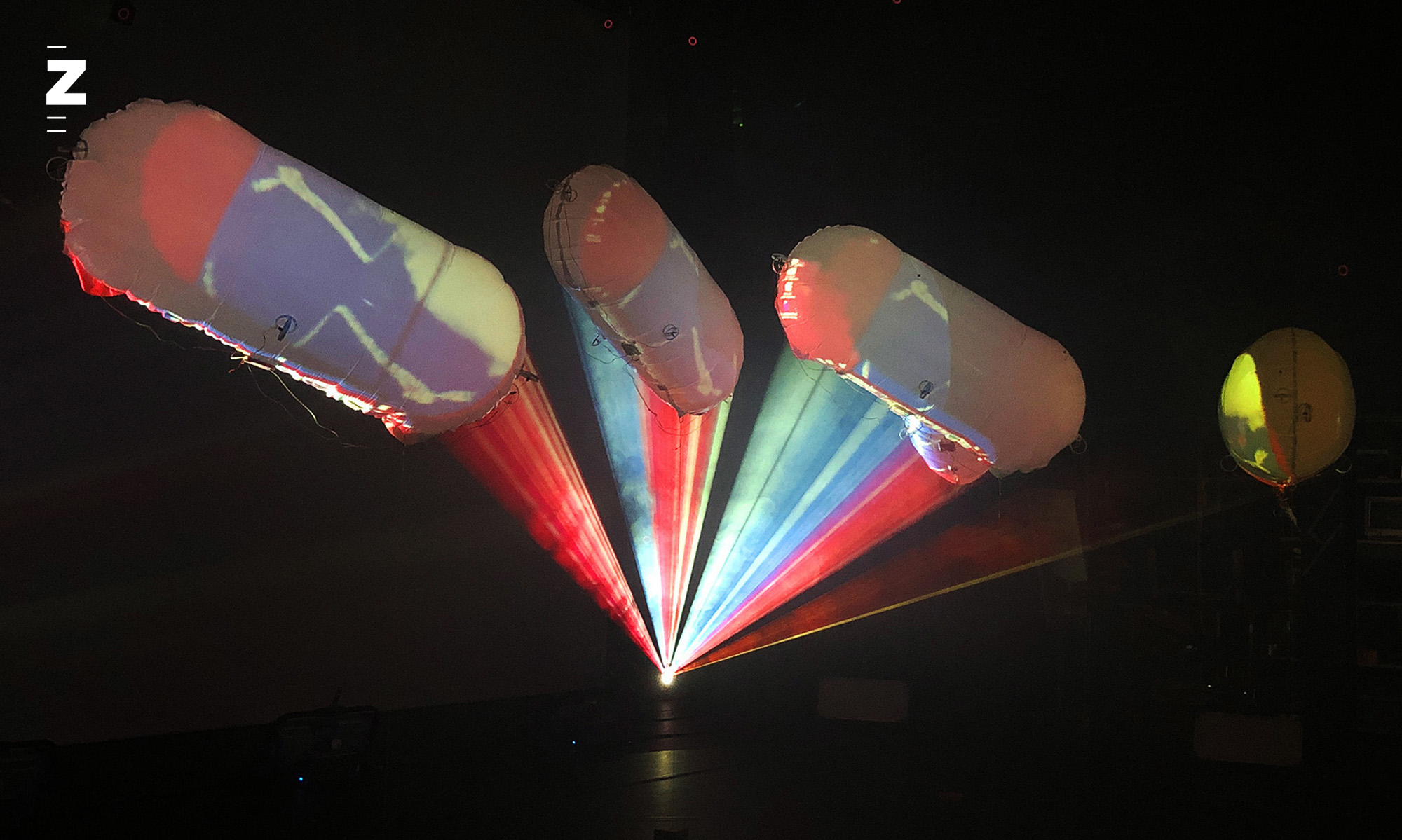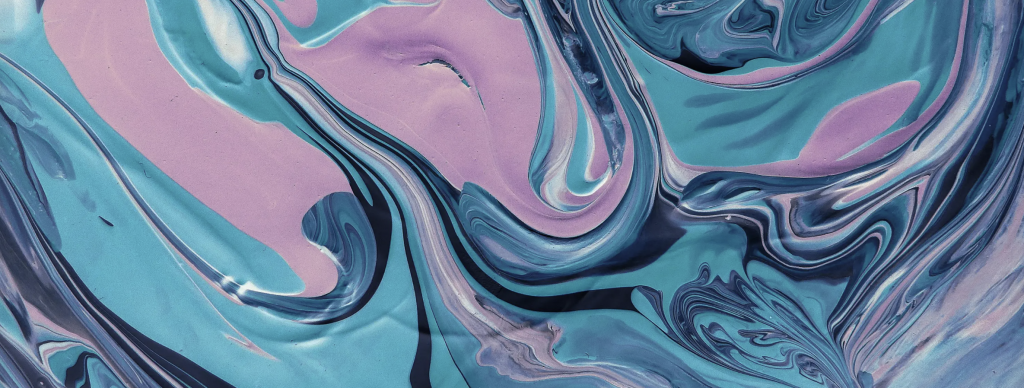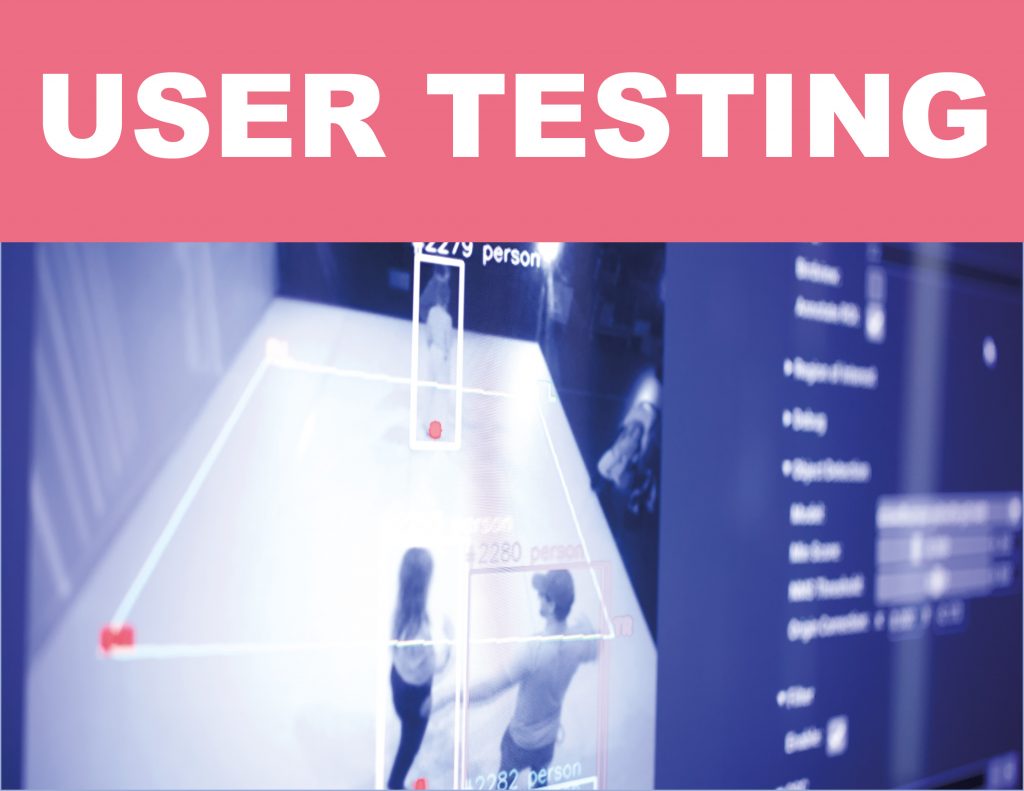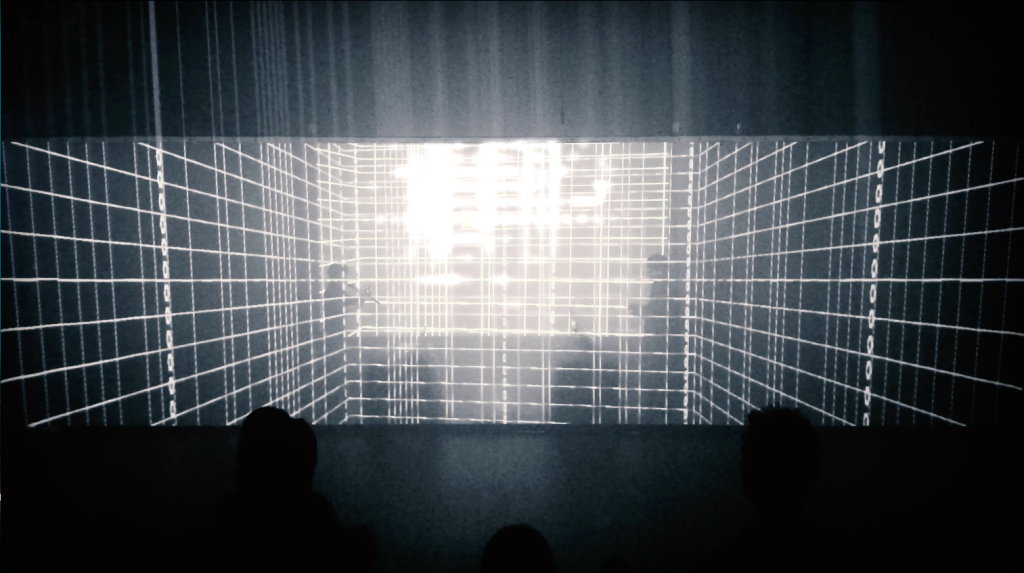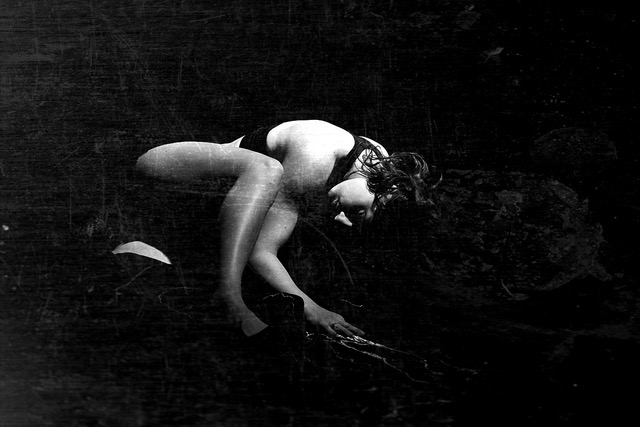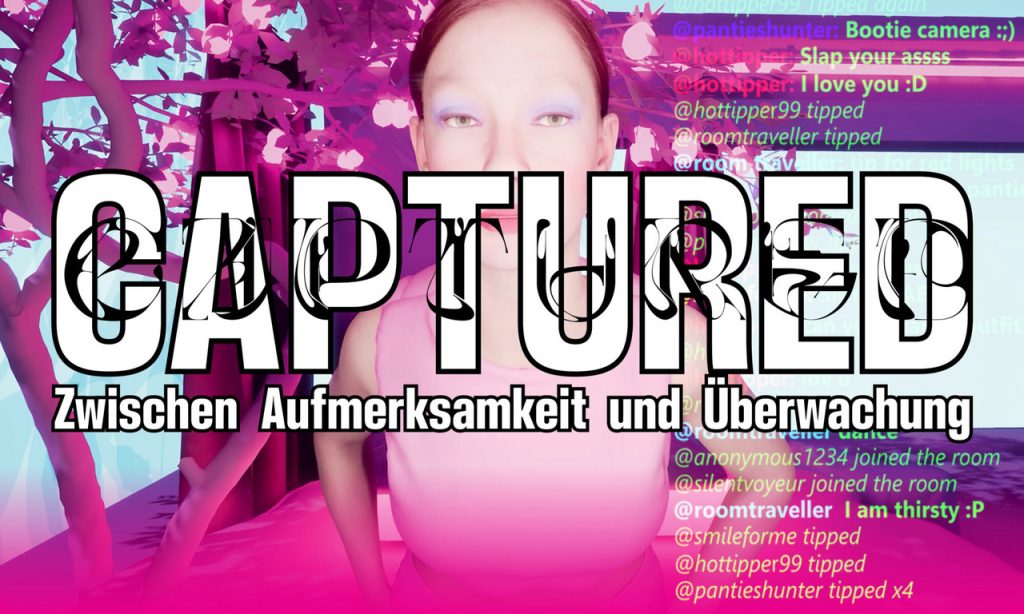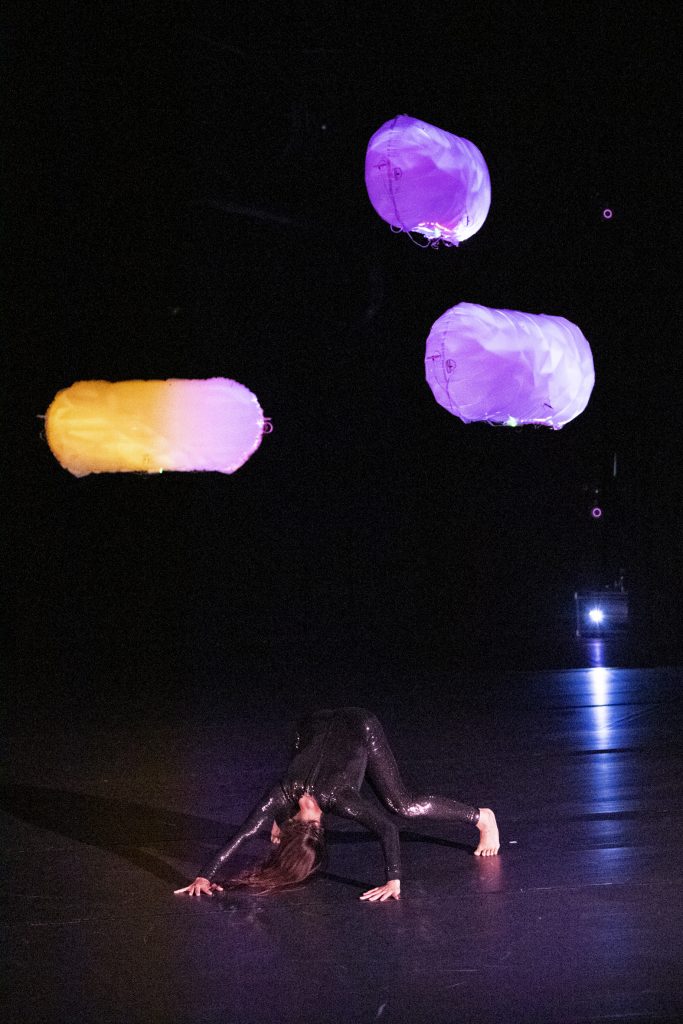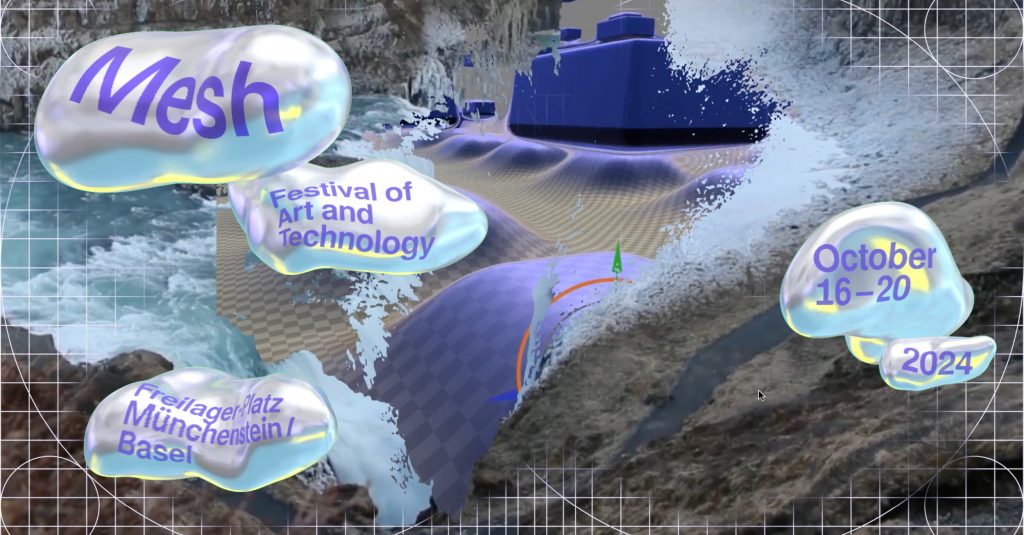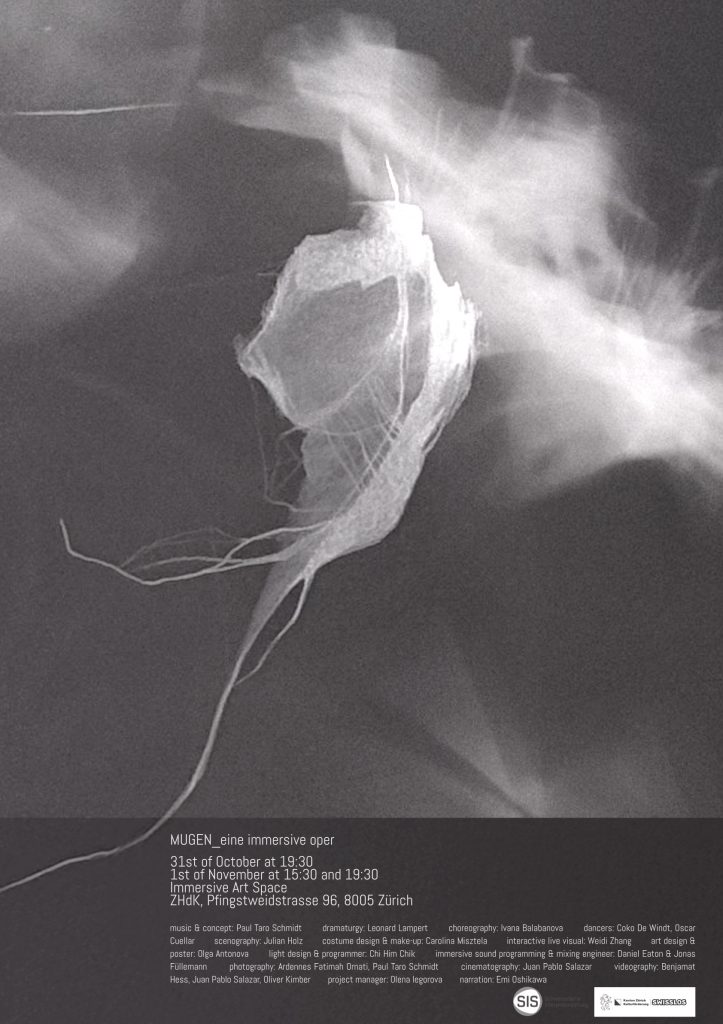Supported by SNSF, Practice to Science
Rasa Smite, PI (Principal Investigator)
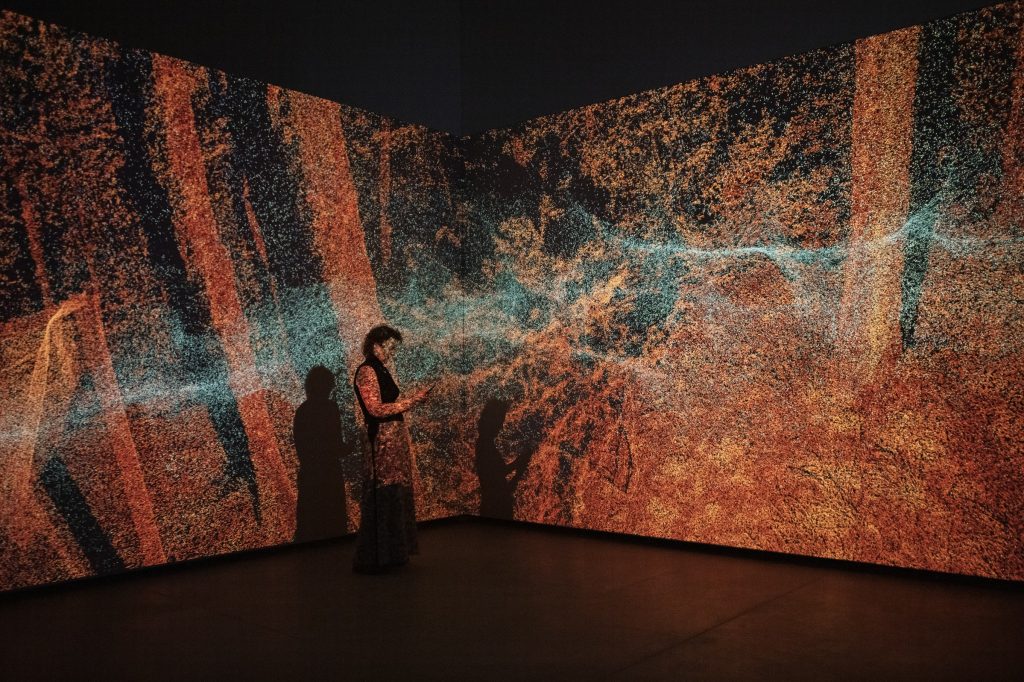
This project explores how complex climate data can be transformed into immersive experiences that enhance public understanding and engagement. By combining artistic experimentation with scientific data, it aims to develop innovative methods for making climate change more accessible—turning abstract environmental shifts into emotional, tangible experiences.
The research focuses on three key questions: (1) How can complex climate science data be transformed into sensory, immersive experiences that help us imagine and understand the invisible processes in nature and society affected by climate change? (2) What kinds of collaborations and experimental tools between art and science are needed to make this transformation possible? (3) How can the effects of such immersive experiences on public awareness and emotional engagement with climate issues be studied?
The three-year project will involve fieldwork and the translation of collected data into immersive (XR) environments, which will be exhibited and analyzed in public venues. Reflexive and multimodal ethnography will be used to examine the scientific research process, artistic experimentation, and how audiences respond to and engage with immersive environments—co-creating new ways of sensing and communicating environmental change.
Hosted by the Immersive Arts Space the project will result in workshops, exhibitions, video interviews, and publications. It will contribute new knowledge at the intersection of climate-related arts and sciences and offer an original, critical contribution to interdisciplinary research and education on climate and environmental issues—within ZHdK, across Switzerland, and internationally.
